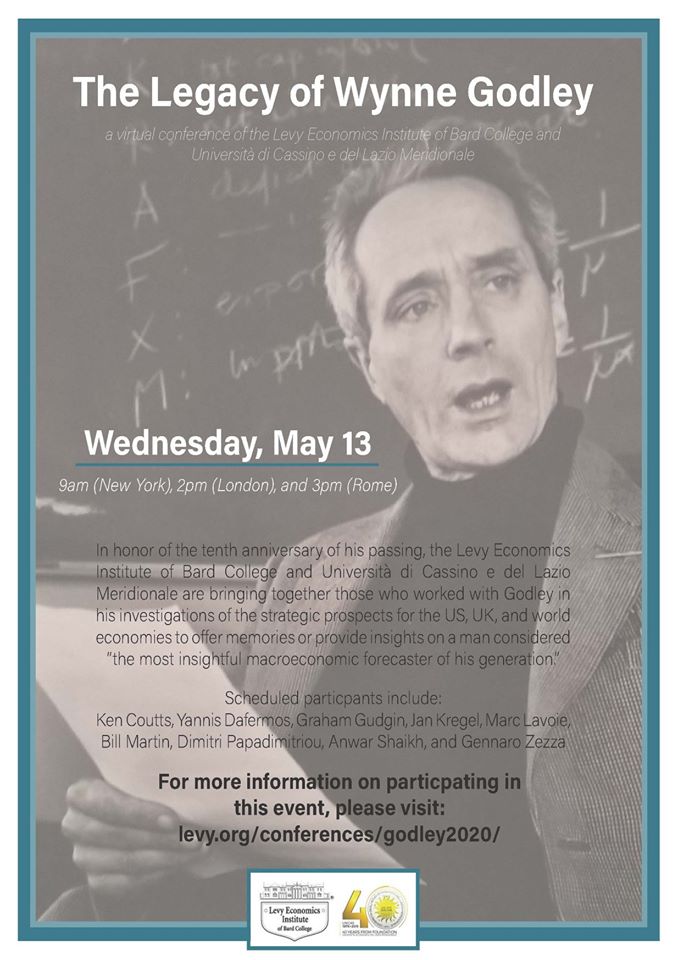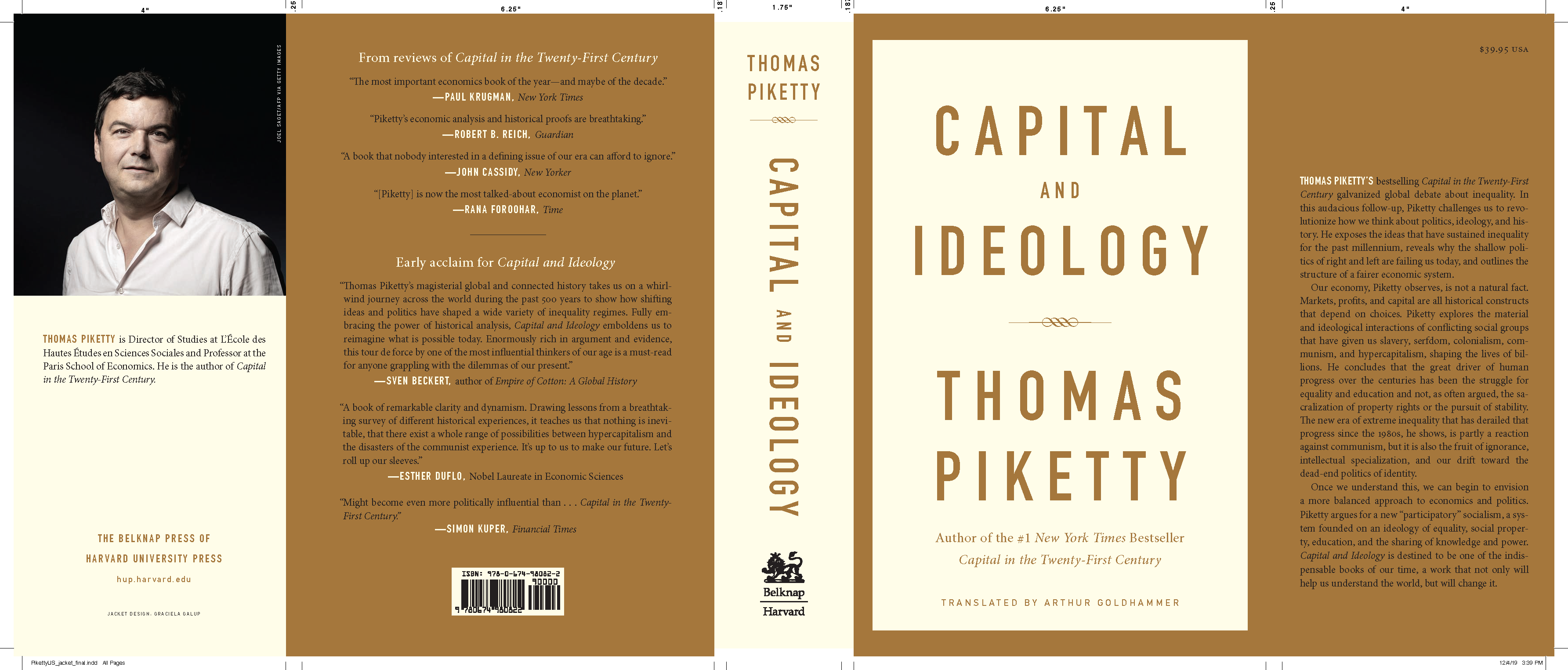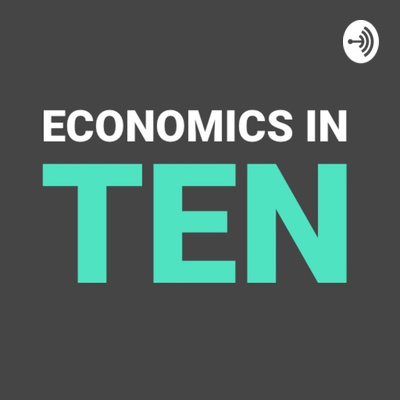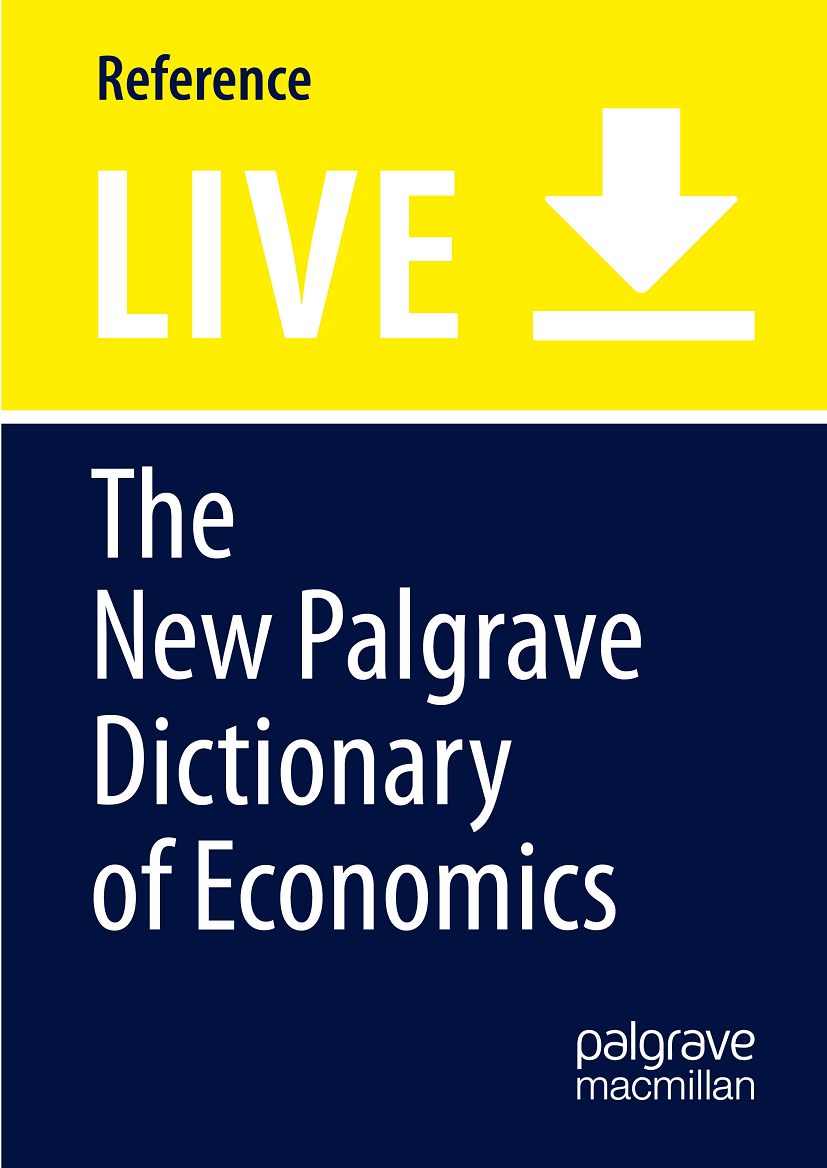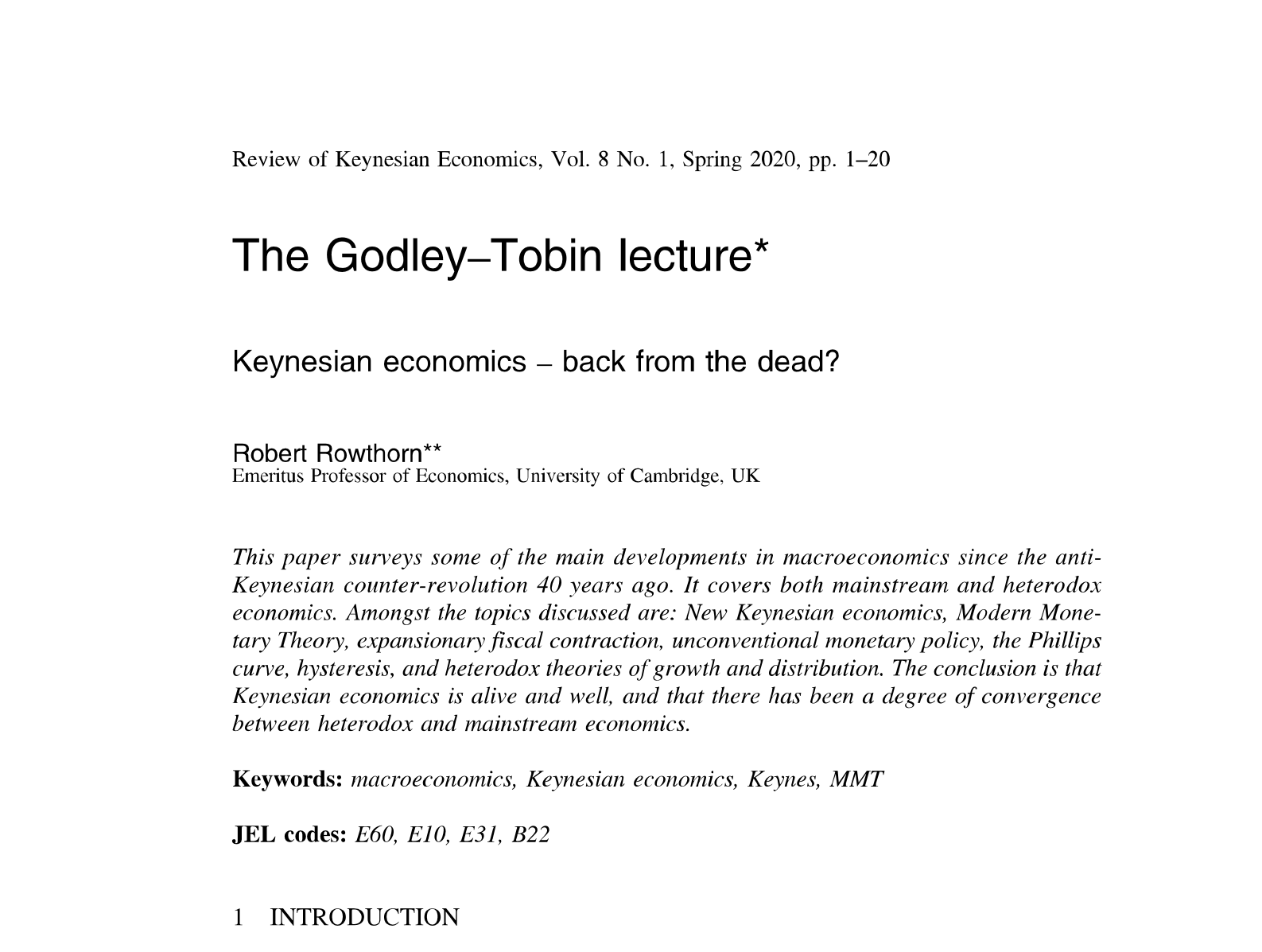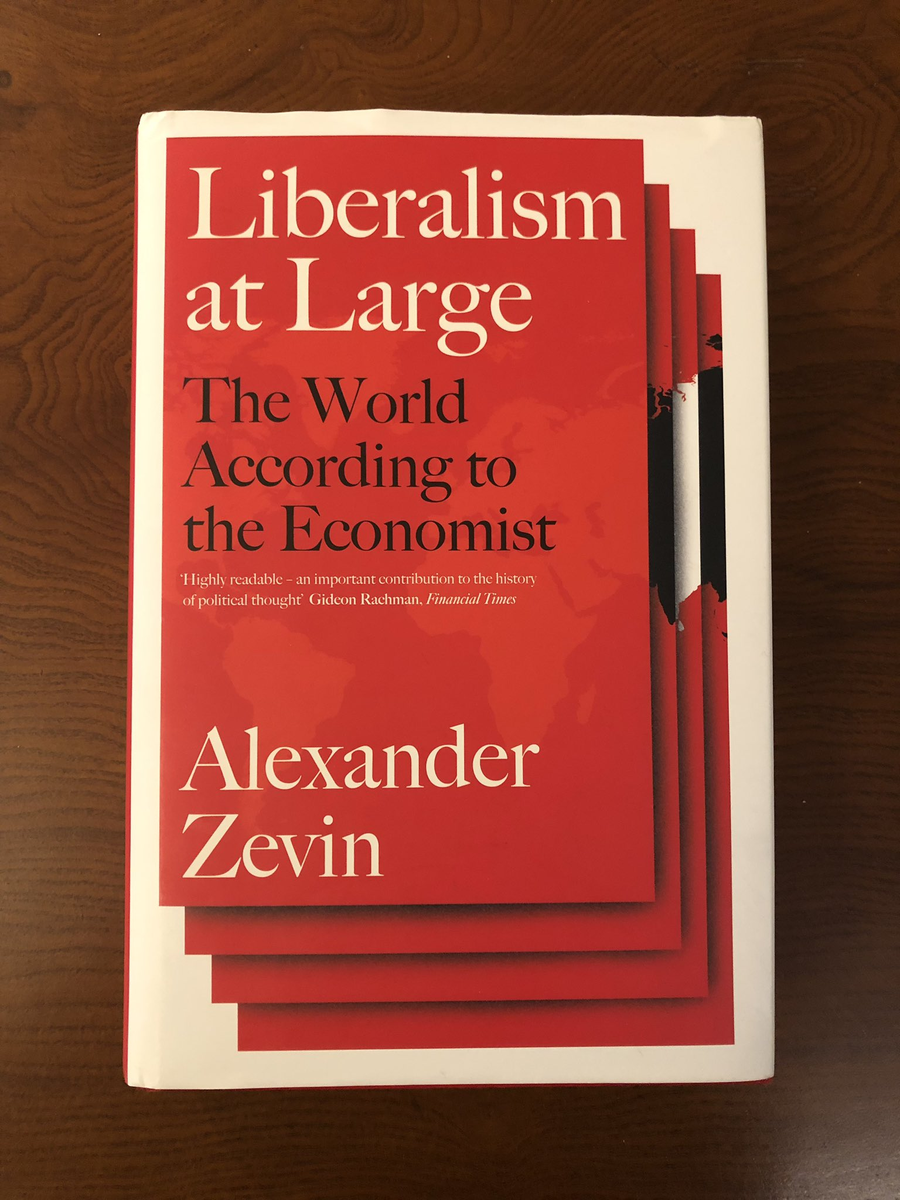Paul Krugman’s article, Trump The Intimidator Fails Again, published Jan 6th in The New York Times a few days ago, shows how he is a rank imperialist.
Consider the following quote:
America did many terrible things during its reign as global hegemon. But we clearly stood for global rule of law, for a system that imposed common rules on everyone, ourselves included. The United States may have been the dominant partner in alliances like NATO and bodies like the World Trade Organization, but we always tried to behave as no more than first among equals.
“But”? 🤯
He’s openly confessing that the United States imposes an economic order on all countries but tries to justify it as some good thing.
It’s important for Post-Keynesians to highlight how imperialism works. To not start economics with imperialism is a huge disservice to the subject. The “liberal international order” is hugely constraining to poorer countries and instead of achieving economic convergence, leads to polarisation.
Imperialism works by controlling the narrative and getting countries to adopt neoliberal policies. Some countries agree to it while others are arm-twisted to do so. If they still don’t obey, the US government tries to intervene in the countries’ democratic process, such as by funding their opposition, and/or rigging elections. Or they face sanctions and isolation. In the extreme case, the US uses military to achieve its objectives—providing new markets for the US producers.
The role of economists such as Paul Krugman is to promote economic propaganda, to deceive the world into thinking that neoliberal policies achieve the best outcomes.
Back to the quote, notice the extreme language manipulation. Paul Krugman calls himself a “liberal” and calls a coerced system “rule of law”. Double-speak! No first among equals, as the rules of global trade are unfair, benefiting advanced countries, who have themselves enriched themselves with different rules such as import tariffs, quotas and direct imperialism, for example, the British occupation of India. Moreover, even currently, the rules of international trade are highly protectionist in many ways.
